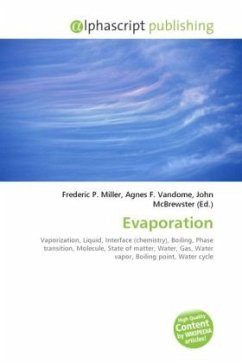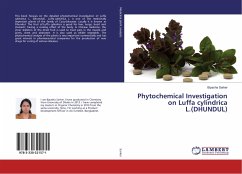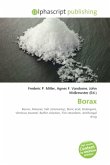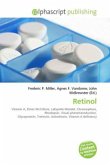Evaporation is the vaporization of a liquid and the reverse of [condensation]. A type of phase transition, it is the process by which molecules in a liquid state (e.g. water) spontaneously become gaseous (e.g. water vapor). Generally, evaporation can be seen by the gradual disappearance of a liquid from a substance when exposed to a significant volume of gas. Vaporization and evaporation however, are not entirely the same processes. For example, substances like caesium, francium, gallium, bromine, rubidium and mercury may vaporize, but they do not evaporate as such. On average, the molecules in a glass of water do not have enough heat energy to escape from the liquid, or else the liquid would turn into vapor quickly . When the molecules collide, they transfer energy to each other in varying degrees, based on how they collide. Sometimes the transfer is so one-sided for a molecule near the surface that it ends up with enough energy to escape.
Bitte wählen Sie Ihr Anliegen aus.
Rechnungen
Retourenschein anfordern
Bestellstatus
Storno








